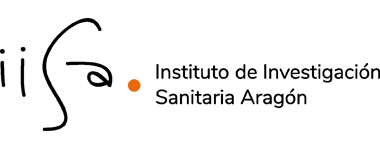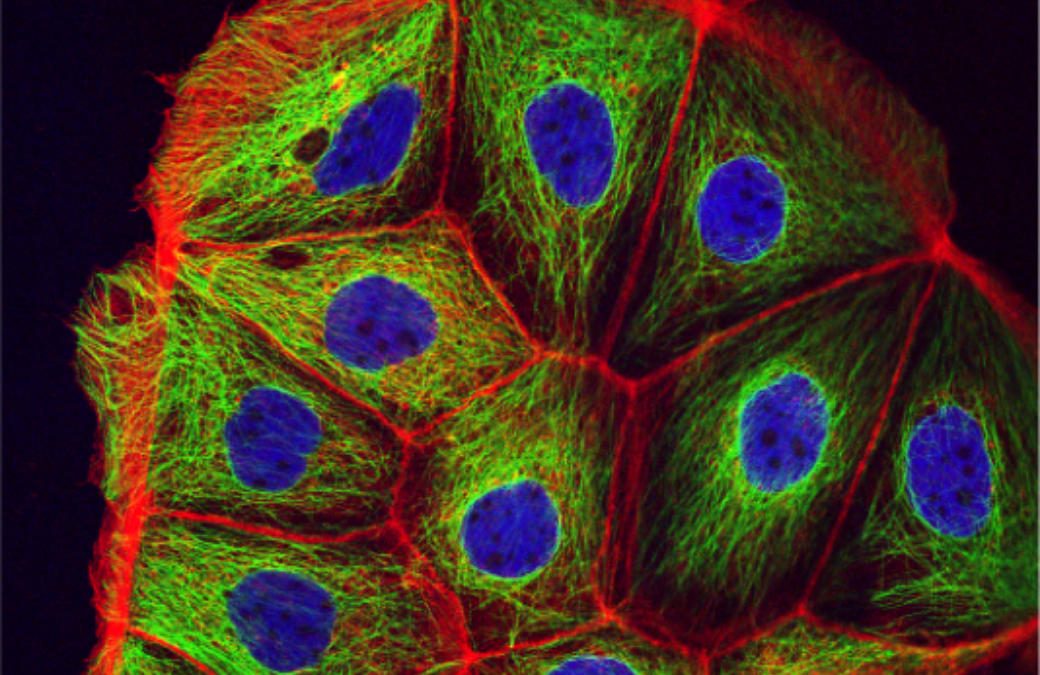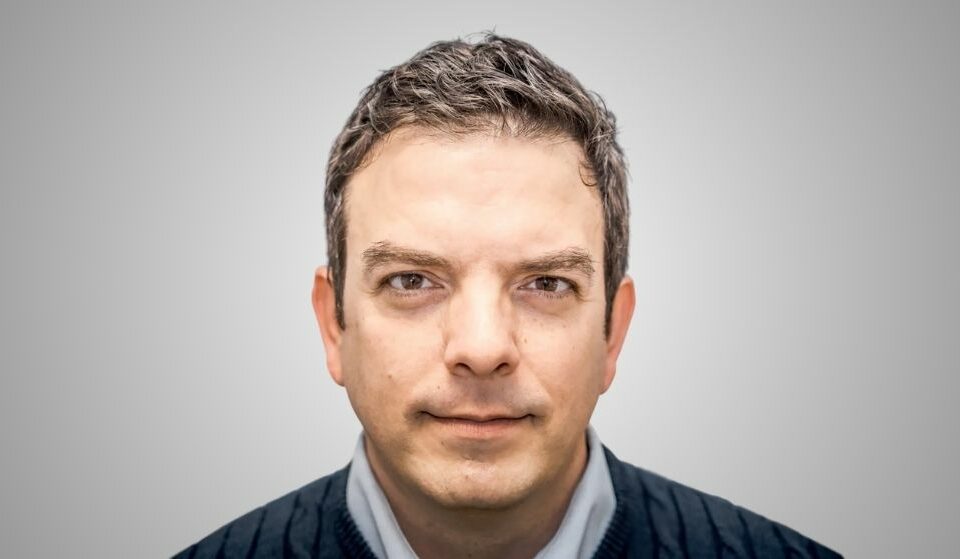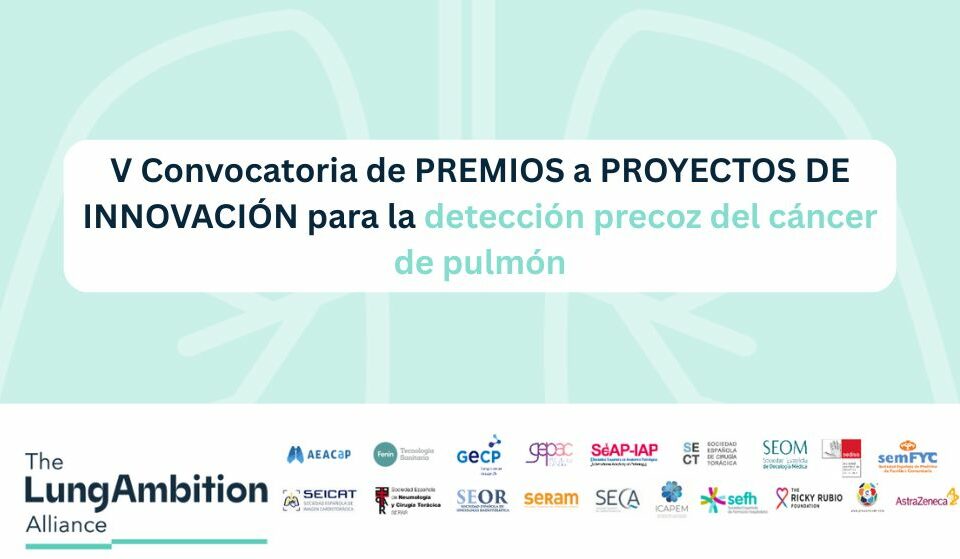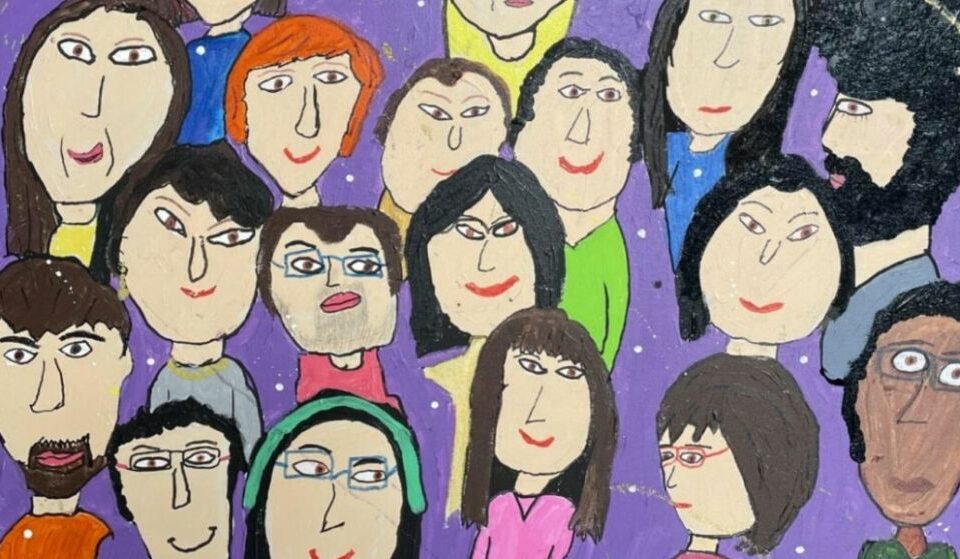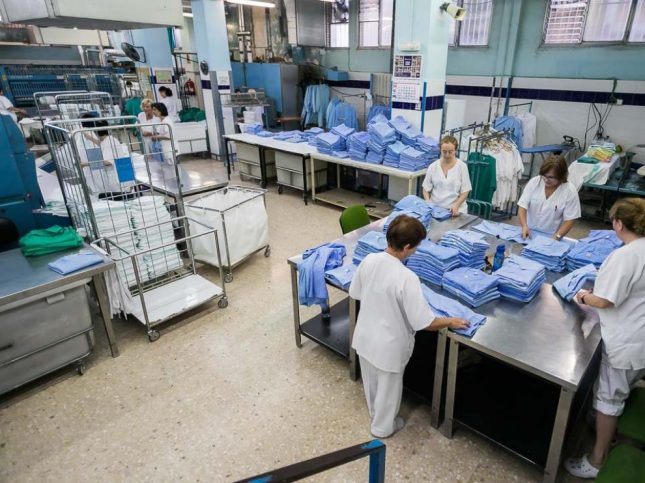This international Master program provides training that develops a broad understanding of fundamental bases and emergent areas in the field of cancer, from basic cell and molecular biology of cancer to translational and clinical research
Program factsheet
- Program duration: 2 years (120 ECTS).
- Level: Master of Science.
- Tuition fees: Annual registration fees for all selected applicants are calculated according to the rules and regulations of the University of Bordeaux. Tuition fees are 243€ per year.
- Admission requirements: Bachelor degree or 180 ECTS equivalent in Biology or relevant Life Sciences field.
- Language requirements: Candidates should be proficient in English. A certificate must be provided proving a minimum of English B1 level according to the “Common European Framework of Reference for Languages” grid (European Union and Council of Europe).
- Academic cooperation: Students may have the opportunity to carry out their internship with the following universities: Federal University of Health Sciences of Porto Alegre (Brazil), McGill University (Canada), University of Arizona (USA), University of Leiden (the Netherlands), University of Lisbon (Portugal), University of Missouri (USA), University of Saragossa (Spain).
Program outline
The Master in Cancer Biology is one of the four degree-granting tracks of the Biology and Health Master. The training program is primarily research-oriented with an emphasis on interdisciplinary approaches to the study of cancer.
The program includes a two-month research internship during the first year and a five-month research internship in laboratories during the second year. Students learn about the fundamental bases and emergent areas in the field of cancer, from basic cell and molecular biology of cancer to translational and clinical research. They benefit from open access to new technological tools, and a diagnostic and therapeutic teaching method.
The program covers the basic molecular and cellular mechanisms driving oncogenesis, the complex interacting cellular and molecular networks with the tumor microenvironment dictating cancer development and metastatic dissemination, the clinical aspects of cancer pathology and therapeutic possibilities. The development of critical analysis and creative skills that must be applied in the conception of new research proposals, accessing and processing experimental data, and literature searches are also important components of the program.
